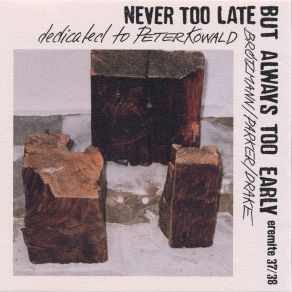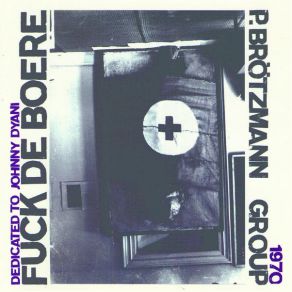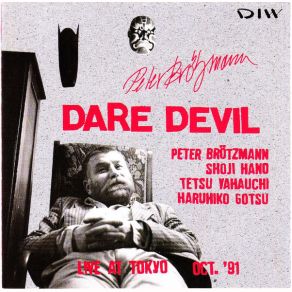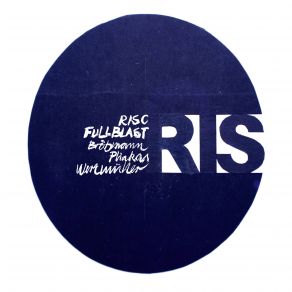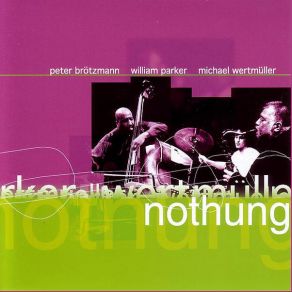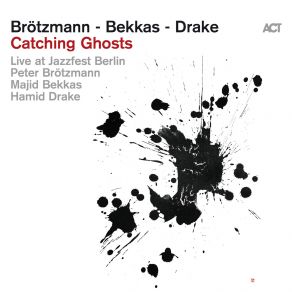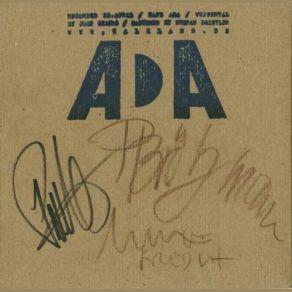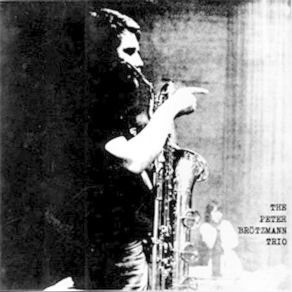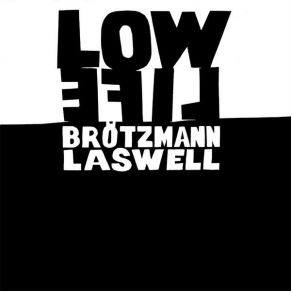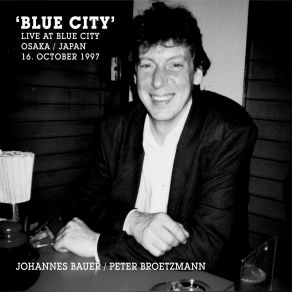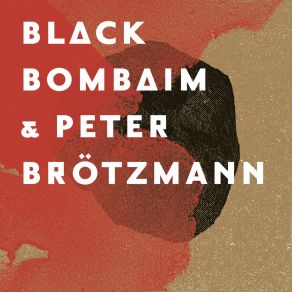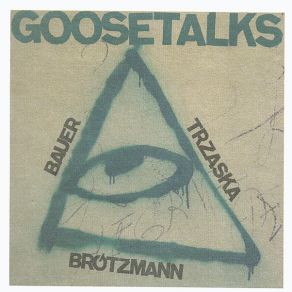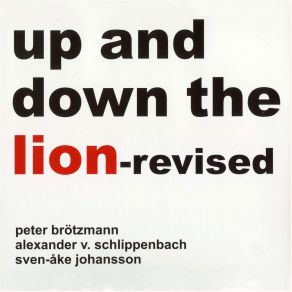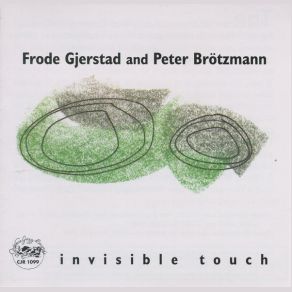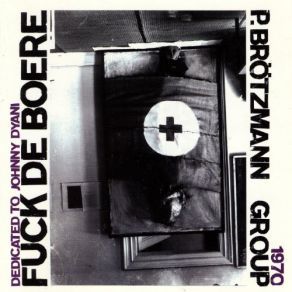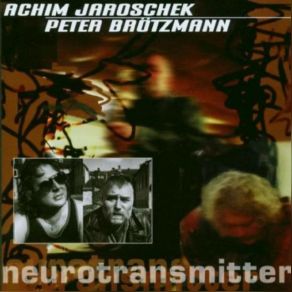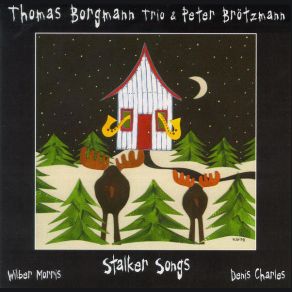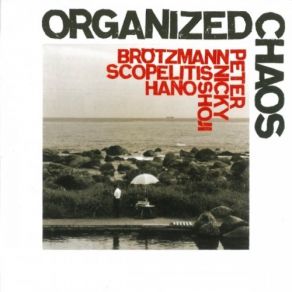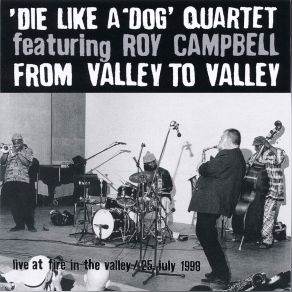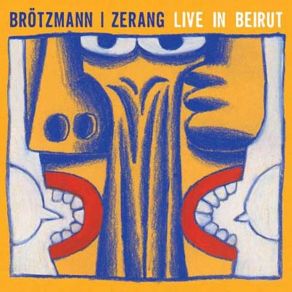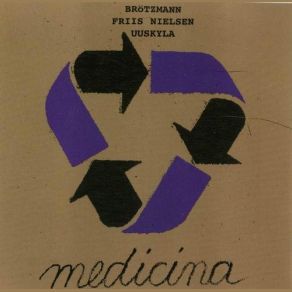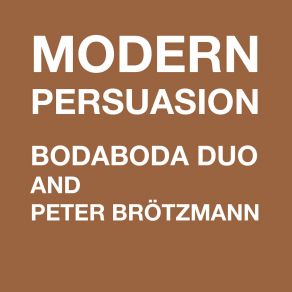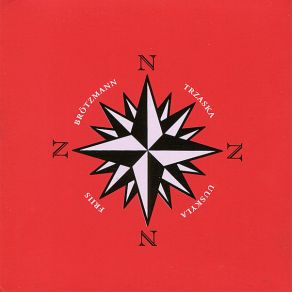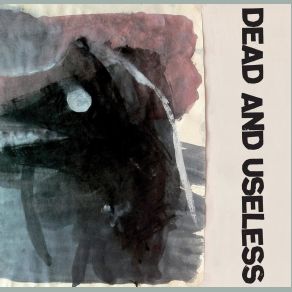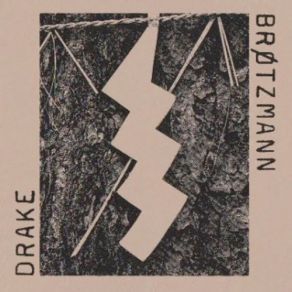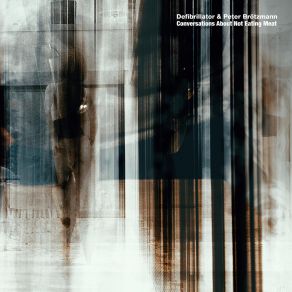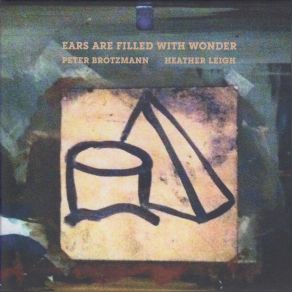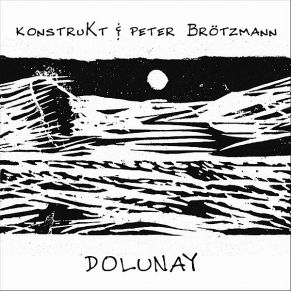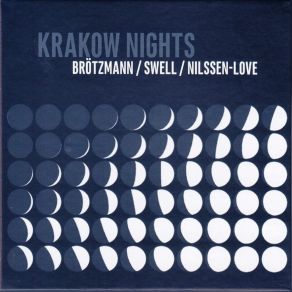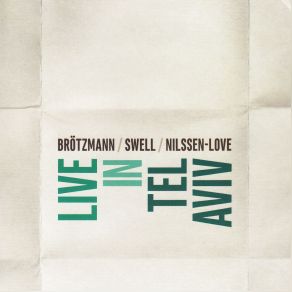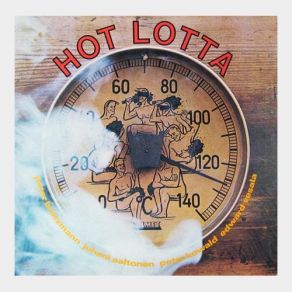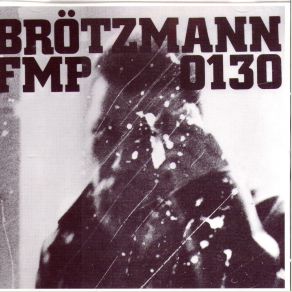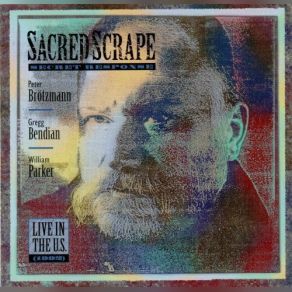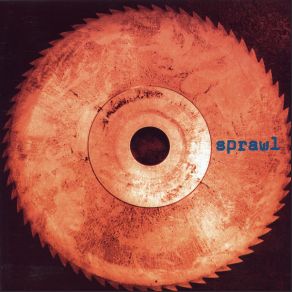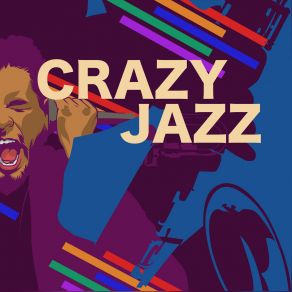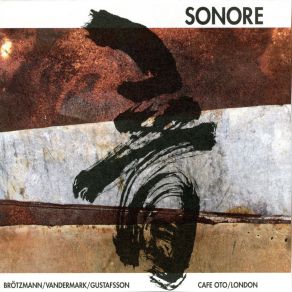Peter Brötzmann / Peter Brotzmann
Wikimp3 information about the music of Peter Brötzmann / Peter Brotzmann. On our website we have 70 albums and 8 collections of artist Peter Brötzmann / Peter Brotzmann. You can find useful information and download songs of this artist. We also know that Peter Brötzmann / Peter Brotzmann represents Jazz genres.
Biography
[Edit]Nearly four decades after his death, the legacy of Albert Ayler is plain — a plethora of reed-biting aural contortionists bent on exploiting the saxophone's propensity for making sounds that resemble a human scream. Many such players, unable to play anything resembling a coherent melody, rely instead on the extreme manifestations of the Ayler technique; their playing is more often than not a randomly executed wall of energy and emotion-driven white noise. Peter Brötzmann, on the other hand, is the rare Ayler-influenced saxophonist capable (like Ayler) of producing improvised lines of depth and sensitivity while informing them with enough raw power to make a lesser saxophonist wilt. Brötzmann's playing has little of the arbitrariness one associates with other similar tenor saxophonists like Charles Gayle or Ivo Perelman; Brötzmann possesses a surety of tone and a melodic center characteristic of a focused musical conception. While there's no lack of spontaneity in his music, Brötzmann's concern with motivic and melodic reiteration gives his playing a palpable sense of direction. Indeed, Brötzmann's obsession often serves as a pivot upon which an ensemble turns, making him a consummate team player, in addition to being an affecting soloist.
Brötzmann was first a visual artist, attending the Art Academy of Wuppertal. A self-taught saxophonist, he began playing with Dixieland bands beginning in 1959. In the early '60s he became involved with the avant-garde Fluxus movement. He began plying free jazz around 1964; in 1965 he played in a group with the virtuoso bassist Peter Kowald and the Swedish drummer Sven-Åke Johansson. The next year he played with Michael Mantler and Carla Bley's band and became associated with Alexander Schlippenbach's Globe Unity Orchestra. In 1969 Brötzmann helped form FMP, a long-lived free jazz label and presenter that issues recordings and sponsors live performances. In the '70s, Brötzmann would play and record with pianist Fred van Hove, drummer Han Bennink, trumpeter Don Cherry, and trombonist Albert Mangelsdorff, among others. His circle of associates would continue to widen; in 1986 he would play (with drummer Ronald Shannon Jackson, guitarist Sonny Sharrock, and electric bassist/producer Bill Laswell) in Last Exit, a metal/free jazz group that enjoyed brief success. By the late '90s one would be hard-pressed to name a prominent free jazz musician with whom Brötzmann had not played.
The strength of his personality is matched by his adaptability; as evidence, hear Eight by Three, his 1997 recording with the pianist Borah Bergman and multi-reedist Anthony Braxton. While one might expect Brötzmann's incendiary nature to overwhelm the more blithe Braxton, he instead manages to parry and complement effectively. With Bergman's percussive intensity, the record becomes one of the more unusual and compelling free jazz artifacts of the era. In 2007 The Complete Machine Gun Sessions, was released, reissuing the seminal free jazz outing Machine Gun recorded by the Peter Brötzmann Octet in 1968 and featuring two previously unreleased alternate takes and a live track. The ever prolific Brötzmann put out three new sets in 2008, The Fat Is Gone, Born Broke, and The Brain of the Dog in Section, all on Atavistic Records.
Title: Never Too Late But Always Too Early
Artist: Peter Brötzmann / Peter Brotzmann
Genre: Jazz, Avant Garde Jazz, Classical
Title: F**k de Boere
Artist: Peter Brötzmann / Peter Brotzmann
Genre: Electronica, Jazz, Avant Garde Jazz, Avant Garde Metal, Classical, Bop
Title: Fmp 0130 (feat. Van Hove & Bennink)
Artist: Peter Brötzmann / Peter Brotzmann, Bennink, Van Hove
Genre: Jazz
Title: Right As Rain (Dedicated To Werner Lüdi)
Artist: Peter Brötzmann / Peter Brotzmann
Genre: Jazz, Free Improvisation
Title: Nothung
Artist: Peter Brötzmann / Peter Brotzmann
Genre: Jazz, Avant Garde Jazz, Avant Garde Metal, Alternative
Title: Catching Ghosts (Live)
Artist: Peter Brötzmann / Peter Brotzmann, Hamid Drake, Majid Bekkas
Genre: Jazz
Title: For Adolphe Sax
Artist: Peter Brötzmann / Peter Brotzmann
Genre: Jazz, Avant Garde Jazz, Classical
Title: Low Life
Artist: Peter Brötzmann / Peter Brotzmann, Bill Laswell
Genre: Ambient, Electronica, Jazz, Avant Garde Jazz, Rock, Indie Rock, Avant Garde Metal, Alternative
Title: Blue City
Artist: Peter Brötzmann / Peter Brotzmann, Johannes Bauer
Genre: Jazz, Avant Garde Jazz
Title: Goosetalks
Artist: Peter Brötzmann / Peter Brotzmann, Mikolaj Trzaska, Johannes Bauer
Genre: Jazz, Alternative
Title: Invisible Touch
Artist: Peter Brötzmann / Peter Brotzmann, Frode Gjerstad
Genre: Jazz, Avant Garde Jazz
Title: Born Broke
Artist: Peter Brötzmann / Peter Brotzmann, Peeter Uuskyla
Genre: Jazz, Avant Garde Jazz, Classical
Title: Two City Blues 2
Artist: Keiji Haino, Peter Brötzmann / Peter Brotzmann, Jim O´Rourke
Genre: Jazz, Avant Garde Jazz
Title: One Night In Burmantofts
Artist: Peter Brötzmann / Peter Brotzmann
Genre: Free Improvisation, Free Jazz
Title: The Cooler Suite
Artist: Parker, Peter Brötzmann / Peter Brotzmann, William Parker, Bakr, Borgmann, Thomas Borgmann, Rashid Bakr
Genre: Free Jazz
Title: Organized Chaos
Artist: Shoji Hano, Nicky Skopelitis, Peter Brötzmann / Peter Brotzmann
Genre: Free Improvisation, Free Jazz
Title: From Valley to Valley
Artist: Peter Brötzmann / Peter Brotzmann, William Parker, Hamid Drake, Roy Campbell
Genre: Jazz, Avant Garde Jazz, Classical
Title: ... The Worse the Better
Artist: Peter Brötzmann / Peter Brotzmann, Steve Noble, John Edwards
Genre: Jazz, Alternative
Title: I Am Here Where Are You
Artist: Peter Brötzmann / Peter Brotzmann, Steve Noble
Genre: Jazz, Avant Garde Jazz
Title: Live in Beirut
Artist: Peter Brötzmann / Peter Brotzmann, Michael Zerang
Genre: Jazz, Avant Garde Jazz, Rock, Alternative, Classical
Title: Medicina
Artist: Peter Brötzmann / Peter Brotzmann, Nielsen, Uuskyla
Genre: Jazz, Avant Garde Jazz, Free Jazz, Avant Garde Metal
Title: Malamute
Artist: Peter Brötzmann / Peter Brotzmann, Peter Friis-Nielsen, Mikolaj Trzaska, Peeter Uuskyla, North Quartet
Genre: Jazz, Alternative
Title: Live in Wiesbaden
Artist: Peter Brötzmann / Peter Brotzmann, Jorg Fischer
Genre: Jazz, Alternative
Title: The Fat Is Gone
Artist: Peter Brötzmann / Peter Brotzmann, Mats Gustafsson
Genre: Jazz, Avant Garde Jazz, Rock
Title: South Moon Under (Maxi-Single)
Artist: Leigh, Peter Brötzmann / Peter Brotzmann
Title: Jazz In Der Kammer NR. 71 (Live)
Artist: Peter Brötzmann / Peter Brotzmann, Han Bennink, Fred Van Hove
Genre: Jazz
Title: Live in Copenhagen
Artist: Peter Brötzmann / Peter Brotzmann, Paal Nilssen - Love, Steve Swell
Genre: Jazz, Avant Garde Jazz
Title: Solo
Artist: Peter Brötzmann / Peter Brotzmann
Genre: Jazz, Avant Garde Jazz, Avant Garde Metal
Title: Conversations About Not Eating Meat
Artist: Peter Brötzmann / Peter Brotzmann, Defibrillator
Genre: Electronica, Avant Garde Jazz, Free Jazz
Title: Ears Are Filled with Wonder - EP
Artist: Peter Brötzmann / Peter Brotzmann, Heather Leigh
Genre: Jazz
Title: Dolunay
Artist: Peter Brötzmann / Peter Brotzmann, Konstrukt
Genre: Electronica, Jazz, Avant Garde Jazz, World Music
Title: Krakow Nights
Artist: Peter Brötzmann / Peter Brotzmann, Paal Nilssen - Love, Steve Swell
Title: Going All Fancy
Artist: Peter Brötzmann / Peter Brotzmann, Jason Adasiewicz
Genre: Free Improvisation, Free Jazz
Title: Pica Pica
Artist: Peter Brötzmann / Peter Brotzmann, Albert Mangelsdorff
Genre: Jazz, Avant Garde Jazz, Avant Garde Metal
Title: Trio Roma
Artist: Peter Brötzmann / Peter Brotzmann
Genre: Jazz, Avant Garde Jazz, Avant Garde Metal
Title: The Damage Is Done
Artist: Peter Brötzmann / Peter Brotzmann, Joe McPhee, Kent Kessler, Michael Zerang
Genre: Jazz, Avant Garde Jazz, Rock, Alternative
Title: Peter Brotzman Clarinet Project: Berlin Djungle
Artist: Peter Brötzmann / Peter Brotzmann
Genre: Jazz
Title: Schwarzwaldfahrt (feat. Han Bennink)
Artist: Peter Brötzmann / Peter Brotzmann
Genre: Jazz, Avant Garde Jazz, Classical
Title: Sex Tape
Artist: Peter Brötzmann / Peter Brotzmann, Heather Leigh
Genre: Jazz, Avant Garde Jazz
Title: Schwarzwaldfahrt
Artist: Peter Brötzmann / Peter Brotzmann, Han Bennink
Genre: Jazz, Avant Garde Jazz, Avant Garde Metal
Title: Live in Tel Aviv
Artist: Peter Brötzmann / Peter Brotzmann, Paal Nilssen - Love, Steve Swell
Genre: Jazz, Avant Garde Jazz
Title: Hot Lotta
Artist: Peter Brötzmann / Peter Brotzmann, Edward Vesala, Peter Kowald, Juhani Aaltonen
Genre: Free Improvisation, Free Jazz
Title: FMP130
Artist: Peter Brötzmann / Peter Brotzmann, Han Bennink, Fred Van Hove
Genre: Jazz, Avant Garde Jazz, Avant Garde Metal
Title: Ouroboros
Artist: Peter Brötzmann / Peter Brotzmann, Fredrick Lonberg - Holm
Genre: Jazz, Free Jazz, Alternative
Title: Sacred Scrape. Secret Response
Artist: Peter Brötzmann / Peter Brotzmann, William Parker, Gregg Bendian, Greg Bendian, 246
Genre: Free Improvisation, Free Jazz
Title: S/T
Artist: Parker, Peter Brötzmann / Peter Brotzmann, Lina Wertmüller / Lina Wertmuller, Sprawl, Buess
Genre: Jazz
Collections
Title: Cool Cats of Jazz
Genre: Jazz
Title: Long Story Short (CD2)
Title: Long Story Short (CD3)
Title: Long Story Short (CD4)
Title: Long Story Short (CD5)
Title: Radio Bremen Free Jazz Sessions
Genre: Free Jazz
Featuring albums
Title: Hölle Hamburg (Soundtrack) / Holle Hamburg (Soundtrack)
Artist: Schwabinggrad Ballett
Genre: Theatre/Soundtrack
